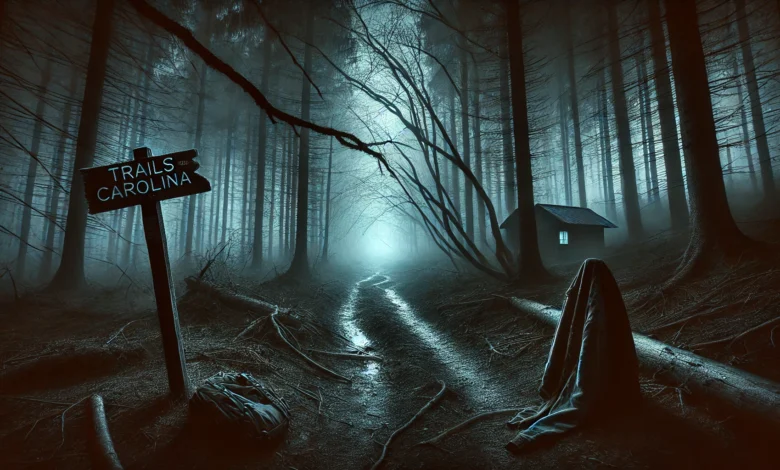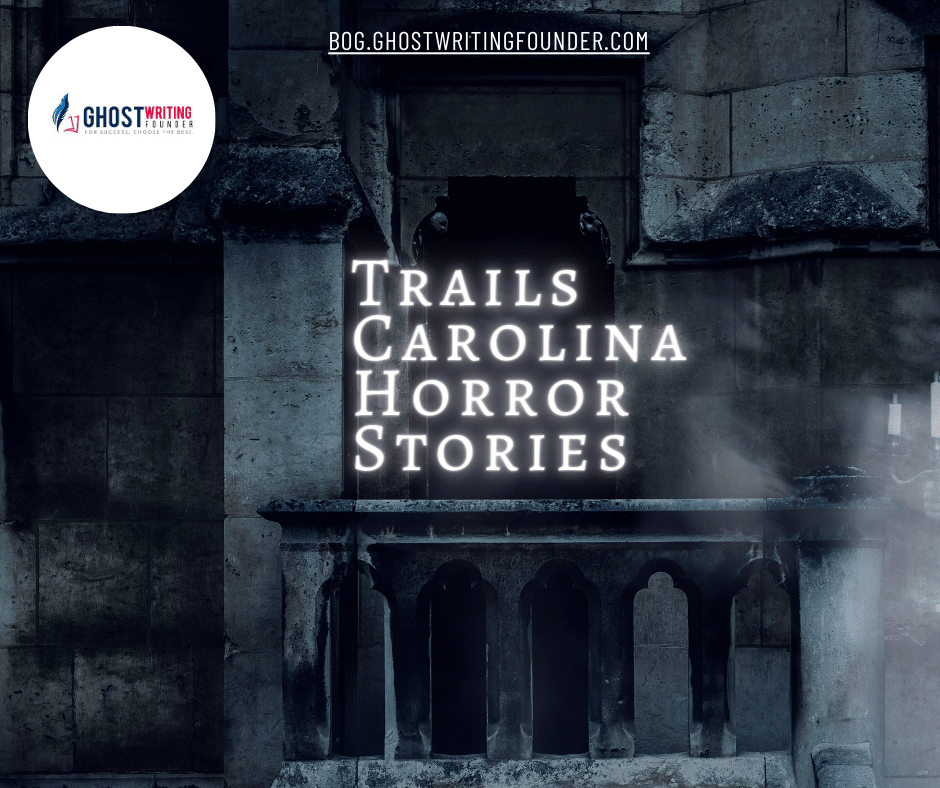Trails Carolina Horror Stories: Uncovering the Dark Side of Wilderness Therapy

Introduction: What is Trails Carolina?
Trails Carolina is a well-known wilderness therapy program designed to help troubled teens and young adults through outdoor experiences and therapeutic interventions. Located in North Carolina, this program promises life-changing experiences that help participants develop resilience, self-awareness, and emotional regulation. However, behind the glossy brochures and promotional materials, there have been unsettling reports of “Trails Carolina horror stories”—accounts of alleged abuse, trauma, and questionable practices within the program.
While some families and individuals praise Trails Carolina for its transformative impact, others have come forward with disturbing allegations. In this article, we will take a deep dive into these stories, the concerns raised by former participants, and the broader discussion surrounding wilderness therapy programs.
The Promise vs. The Reality
Wilderness therapy programs like Trails Carolina market themselves as life-changing experiences for struggling teens. Their websites showcase success stories, testimonials from relieved parents, and carefully crafted narratives that emphasize personal growth. The idea is that by removing distractions and immersing teens in nature, they can gain clarity, discipline, and emotional strength.
However, many former participants have shared their “Trails Carolina horror stories,” describing experiences that are far from the nurturing and transformative journey promised. These horror stories highlight issues like extreme isolation, lack of medical care, and even emotional and physical mistreatment. Parents who sent their children to the program expecting a structured yet compassionate environment were often shocked to hear about what actually transpired.
Allegations of Abuse and Neglect
One of the most common themes in Trails Carolina horror stories is the claim of abuse—both emotional and physical. Some former participants report being subjected to harsh disciplinary measures, including forced hikes in extreme weather conditions, food deprivation, and sleep deprivation. These allegations suggest that rather than fostering personal growth, some students were left feeling broken, traumatized, and more distrustful than ever before.
Additionally, many critics argue that the staff at Trails Carolina are not adequately trained to handle the severe mental health issues that some teens bring into the program. Unlike licensed therapists in controlled clinical settings, wilderness therapy staff may lack the professional expertise needed to properly address conditions such as depression, anxiety, or PTSD.

Psychological Trauma and Emotional Distress
While wilderness therapy programs claim to help teens build resilience, many participants describe their experience as deeply traumatizing. The isolation from friends and family, strict control over communication, and relentless physical exertion can lead to a state of emotional distress. Some former attendees recount feeling abandoned, helpless, and terrified, with no way to seek outside help.
One particularly disturbing aspect of these Trails Carolina horror stories is the alleged use of manipulation to control behavior. Some claim they were threatened with extended stays if they did not comply, or that their letters to family members were censored to prevent complaints. Instead of receiving support, some teens say they felt gaslighted into believing that their suffering was part of the healing process.
Legal and Ethical Concerns
Wilderness therapy programs like Trails Carolina exist in a legal gray area. While they may advertise therapeutic benefits, they are often not subject to the same regulations as licensed mental health facilities. This lack of oversight has led to concerns about staff qualifications, program safety, and ethical treatment of participants.
There have been calls for stricter regulations on such programs, with advocates demanding greater transparency and accountability. Some former attendees and their families have pursued legal action against Trails Carolina, citing negligence and emotional harm. Despite these concerns, the wilderness therapy industry continues to thrive, with parents often unaware of the risks associated with sending their children to such programs.
The Perspective of Parents and Families
For many parents, enrolling their child in a program like Trails Carolina is a last resort. They often feel overwhelmed, desperate, and willing to try anything that promises to help their struggling teen. However, after hearing the horror stories, some parents regret their decision, feeling that they placed their child in harm’s way rather than helping them heal.
On the other hand, there are families who stand by their decision and believe Trails Carolina was the best choice for their child. Some claim that while the program is tough, it ultimately helped their teen develop responsibility and self-control. The contrast in experiences makes it difficult to determine whether Trails Carolina is an effective program or a deeply flawed system that harms more than it helps.
Survivors Speak Out: Sharing Their Experiences
In recent years, social media and online forums have given former participants a platform to share their Trails Carolina horror stories. YouTube videos, Reddit threads, and personal blogs have detailed experiences of mistreatment, shedding light on the darker side of wilderness therapy. Some former participants have even formed support groups to help each other process the trauma they endured during their time in the program.
These survivor stories are crucial in bringing attention to the potential dangers of wilderness therapy. They challenge the narrative presented by the industry and encourage parents to do extensive research before considering such a program for their child.
The Future of Wilderness Therapy: Reform or Removal?
Given the growing number of horror stories associated with Trails Carolina and similar programs, there is a pressing need for change. Many advocates believe that wilderness therapy should be more tightly regulated, ensuring that all programs meet high ethical and professional standards. Others argue that such programs should be shut down entirely, as the risks outweigh the benefits.
Reform could involve mandatory licensing, increased staff training, and independent oversight to ensure that teens are not subjected to abuse or neglect. Until such measures are in place, parents must be extremely cautious when considering wilderness therapy as a solution for their child’s struggles.
Conclusion: A Cautionary Tale
The stories surrounding Trails Carolina serve as a cautionary tale for parents seeking help for their troubled teens. While some may find success in wilderness therapy, others experience lasting trauma that leaves them worse off than before. The existence of numerous Trails Carolina horror stories should not be ignored—it is essential for parents to research thoroughly, seek out firsthand accounts, and explore safer, evidence-based alternatives for their child’s well-being.
If you or someone you know has been affected by a wilderness therapy program, speaking out and sharing your experience can help raise awareness and prevent further harm. No one should have to endure mistreatment in the name of healing, and it is time for the industry to be held accountable for its impact on vulnerable young individuals.

4 Comments